Carl Malamud: Internet Talk Radio, flame of the Internet. This is Geek of the Week. We’re talking to Tim Berners-Lee, who’s the originator of the World Wide Web, one of the most exciting resource discovery systems out there. It’s a hypertext-based system, a way of navigating the network. Welcome to Geek of the Week, Tim. Tim Berners-Lee: Thanks. …read the full transcript.
Archive
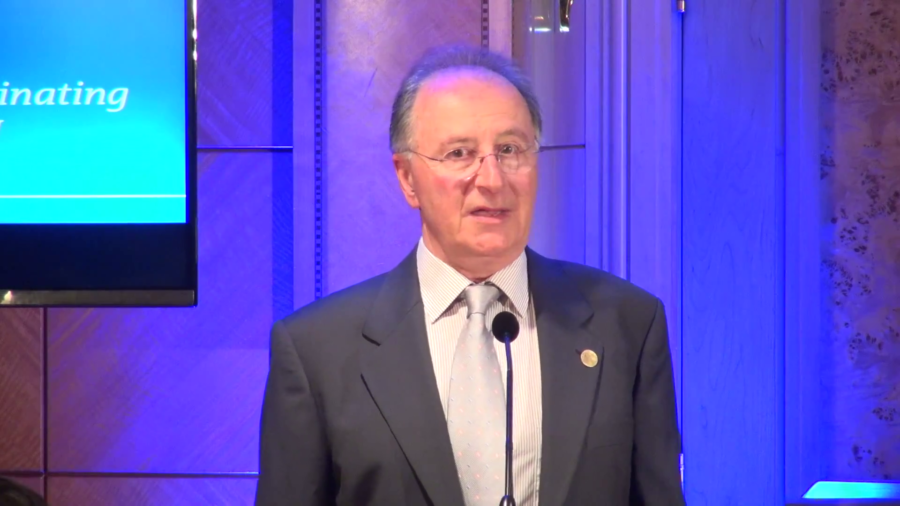
I want to just make a few remarks about mentors and protectors. Most of us here have needed either or both of those. So I want to talk about two people in particular without whom I wouldn’t be here. The first person you know, and the second person you almost surely don’t know.
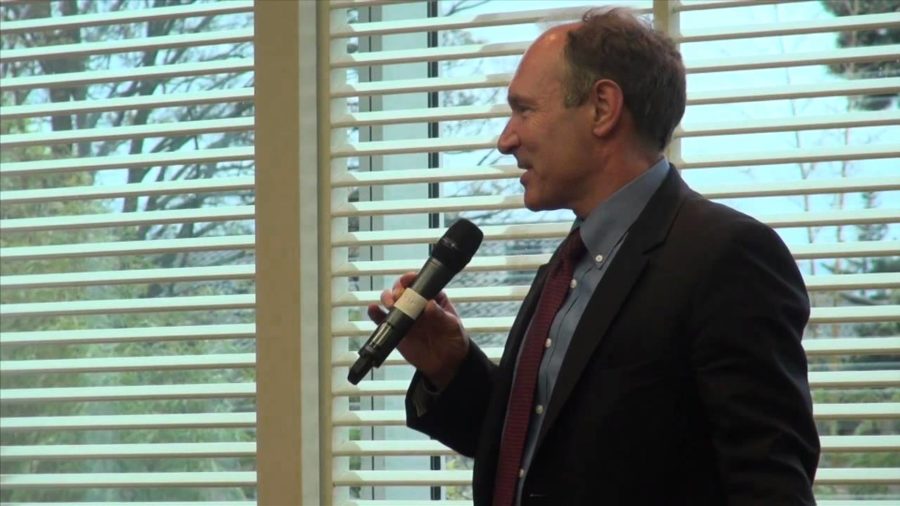
People are amazed at the growth of the Web, but the growth of the Internet, that was actually what happened from zero. So the things that you guys have done from this have been the way that we have learned.
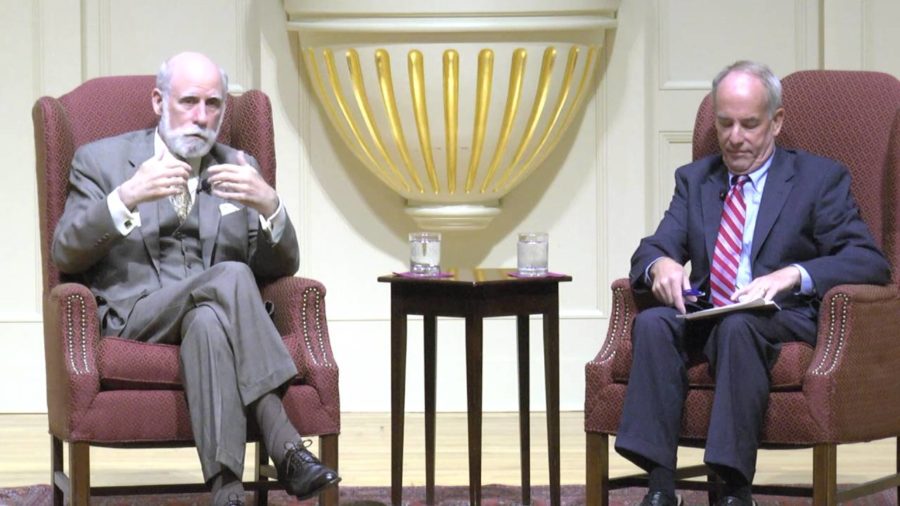
We’ve already been through several situations where new technologies come along. The Industrial Revolution removed a large number of jobs that had been done by hand, replaced them with machines. But the machines had to be built, the machines had to be operated, the machines had to be maintained. And the same is true in this online environment.
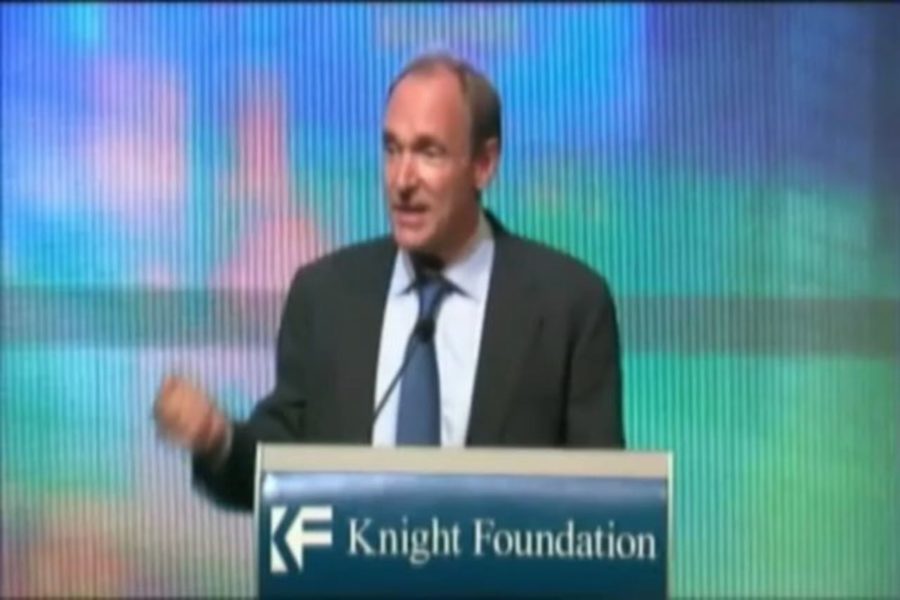
I wrote a memo saying, “We should have a global hypertext system to fix this.” The memo, I distributed it to a few people but there’s nowhere really to distribute it to at CERN because CERN is a physics lab. It didn’t have committees for building programs and hypertext systems.
So what happened was basically nothing for eighteen months.
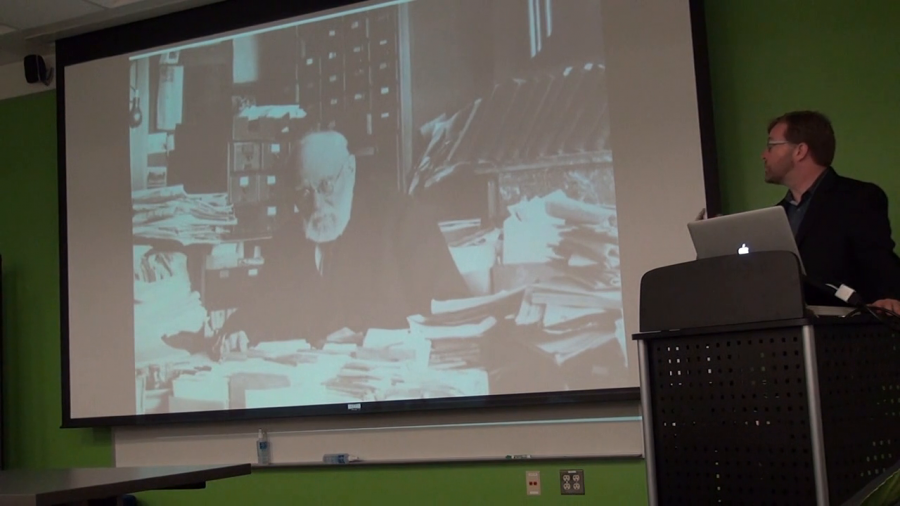
I wanted to give you a little bit of perspective on Otlet’s broader vision, which I think is in a way even more interesting as a reference point for thinking about some of the changes we’re seeing today as our lives are increasingly reshaped by technology and networks. What Otlet offers is a different way into that space, and a different way of thinking about what a networked world could look like.
